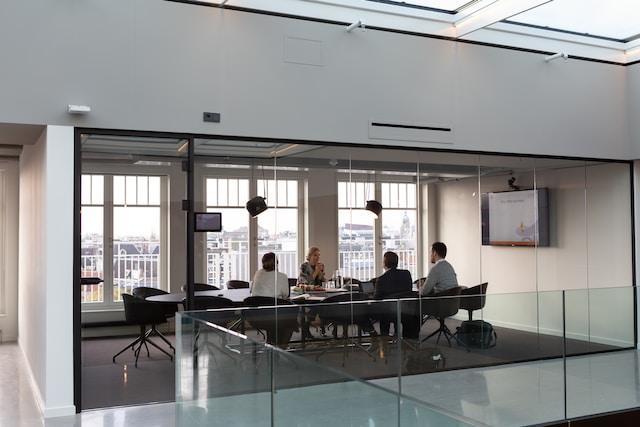UNITED STATES—There are quite a few steps that need to take place before you receive a settlement in a personal injury lawsuit. Regardless of whether you feel your case is rock solid, a defendant or their insurance company isn’t simply going to hand you a sizable check to cover your medical bills and other damages. An important and necessary part of a personal injury case is the discovery process. If you have no idea what this is, you’ve come to the right place.
Idaho victims of an accident that wasn’t their fault and are uncertain how to proceed should contact a Coeur d’Alene car accident lawyer from Sargent Law Firm. During a free consultation, a member of their savvy legal team can help guide you through the process so you can seek compensation.
Once your attorney has formally filed your intention to seek compensation and to hold the at-fault party responsible for the accident that has caused you damages, your personal injury lawsuit has begun. A big part of this type of civil lawsuit is the discovery process. Cases don’t immediately go to trial. They’re lengthy and costly, and it’s beneficial for both parties to avoid them. Although the discovery process is the beginning of a lawsuit, most never leave this phase.
Here are 5 things you should know about the discovery process.
The Discovery Process is Time-Consuming
Although you may think that the discovery phase of a personal injury case doesn’t involve much work, it’s quite the opposite. Even before your lawsuit reaches this phase, your attorney will have to gather all the evidence he can to prove your claims. The discovery process will involve the following:
- Interrogatories – The defendant’s legal team will provide written questions about the case that the plaintiff will have to answer. These are usually basic questions revolving around how they believed the accident occurred and what damages they are seeking to recover.
- Request for Documents – The discovery phase is a time when the plaintiff and defendant will share information and evidence to uphold their claims. Typical documents requested are medical records, hospital bills, and employment records indicating time taken off due to the accident.
- Request for Admissions – The plaintiff’s lawyer will then ask the defendant’s legal team to admit or deny any allegations. This can save time since the plaintiff’s lawyer will know which things the defendant won’t contest.
- Depositions – Depositions are sworn testimony by the plaintiff, defendant, any eyewitnesses, or medical experts. These statements can be used if the case goes to trial.
Mediation
If both parties cannot agree upon a settlement, the case can then go to mediation. A neutral third party will review all of the evidence and testimony and possibly ask both the plaintiff and the defendant more questions. The mediator will help each legal team move closer toward an agreement. They don’t have any say in the matter but will offer an opinion and help both teams reach a settlement they’re comfortable with.
Arbitration
If mediation hasn’t proved to be successful, then an arbitrator can be called in. They do the same work as a mediator and will look at all of the evidence, ask more questions, and then make a decision about how to fairly settle the case. The difference between a mediator and an arbitrator is that the latter makes the final decision on the settlement, much like a trial, but not as lengthy a process.
Most Personal Injury Cases Don’t Go to Trial
Fortunately for the plaintiff, most personal injury lawsuits never see the inside of a courtroom. Trials can be lengthy and most personal injury lawyers would rather negotiate a settlement than try their case in the courtroom. It’s beneficial for both parties to come to a settlement agreement before deciding that a trial is the only way to settle the case.
Don’t Negotiate Without a Lawyer
Victims of a negligent act that has caused them injuries and damages should never negotiate with a defendant’s legal team or their insurance company without the legal expertise of a personal injury attorney. Even with cases that seem like a slam dunk and a settlement offer already on the table, you won’t get the best possible settlement without a lawyer ensuring all of your damages are covered.
The Discovery Process and Idaho Personal Injury Claims: What You Need To Know
Once you’ve officially filed a personal injury lawsuit, the next big step is the discovery process. Both legal teams will sit down and share evidence and possibly take depositions from eyewitnesses or medical experts. This is unfortunately a time-consuming task and can take anywhere from a few months to much longer. Fortunately, most personal injury claims are settled during the discovery process, either during negotiations or with the help of a mediator or arbitrator.
It can’t be stressed enough that victims of accidents that weren’t their fault seek out legal representation. Without doing so, if they do receive a settlement, it will be for a fraction of what their case is actually worth.






